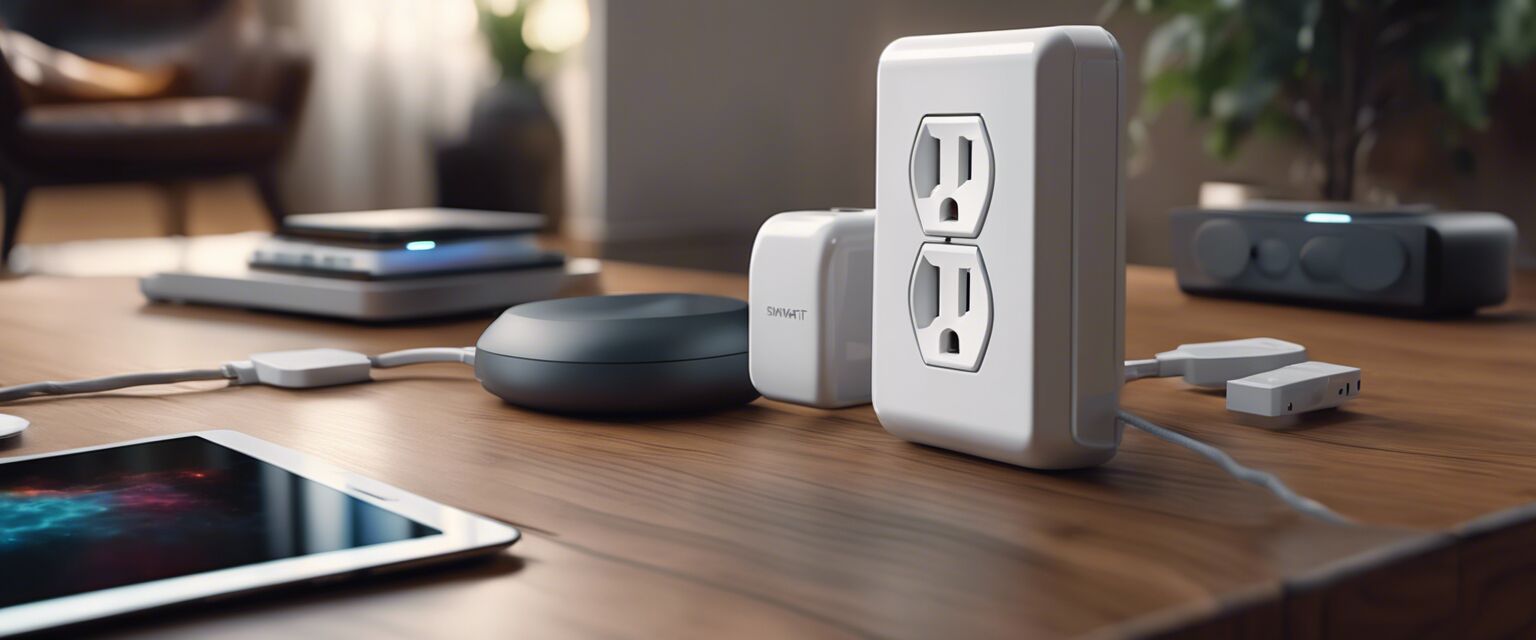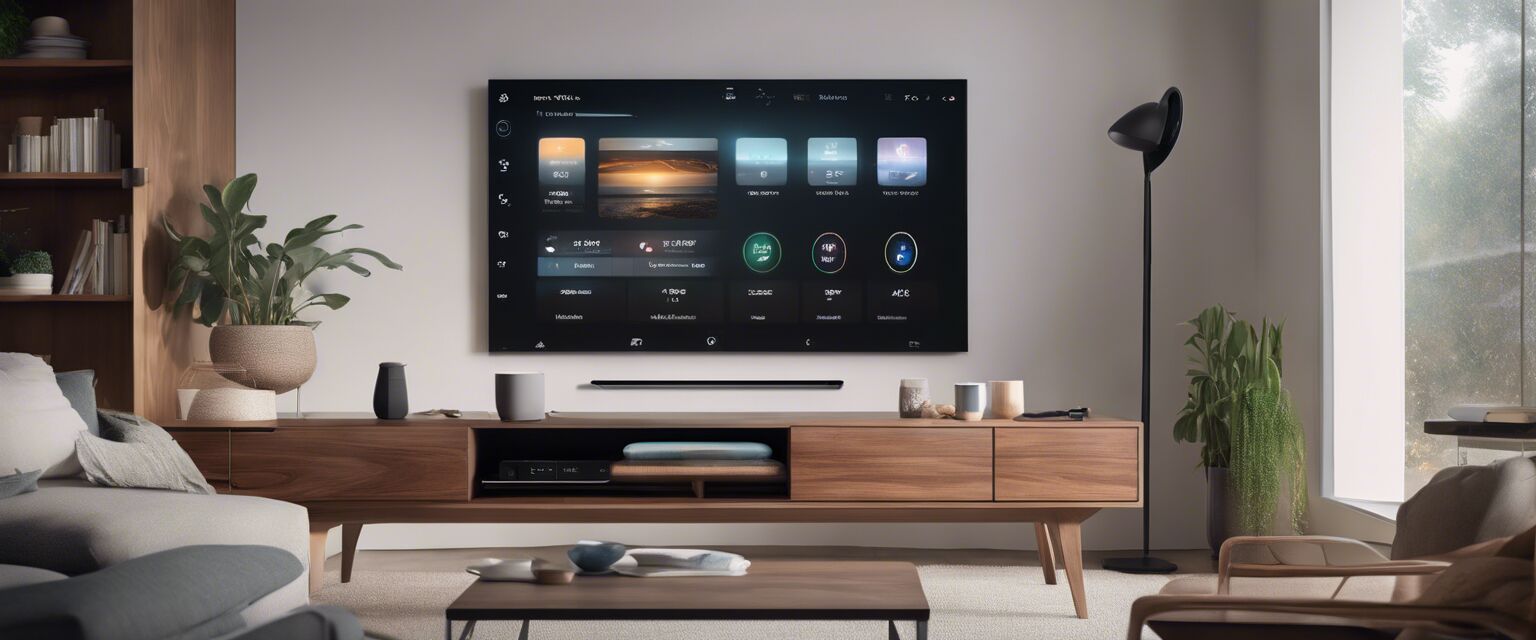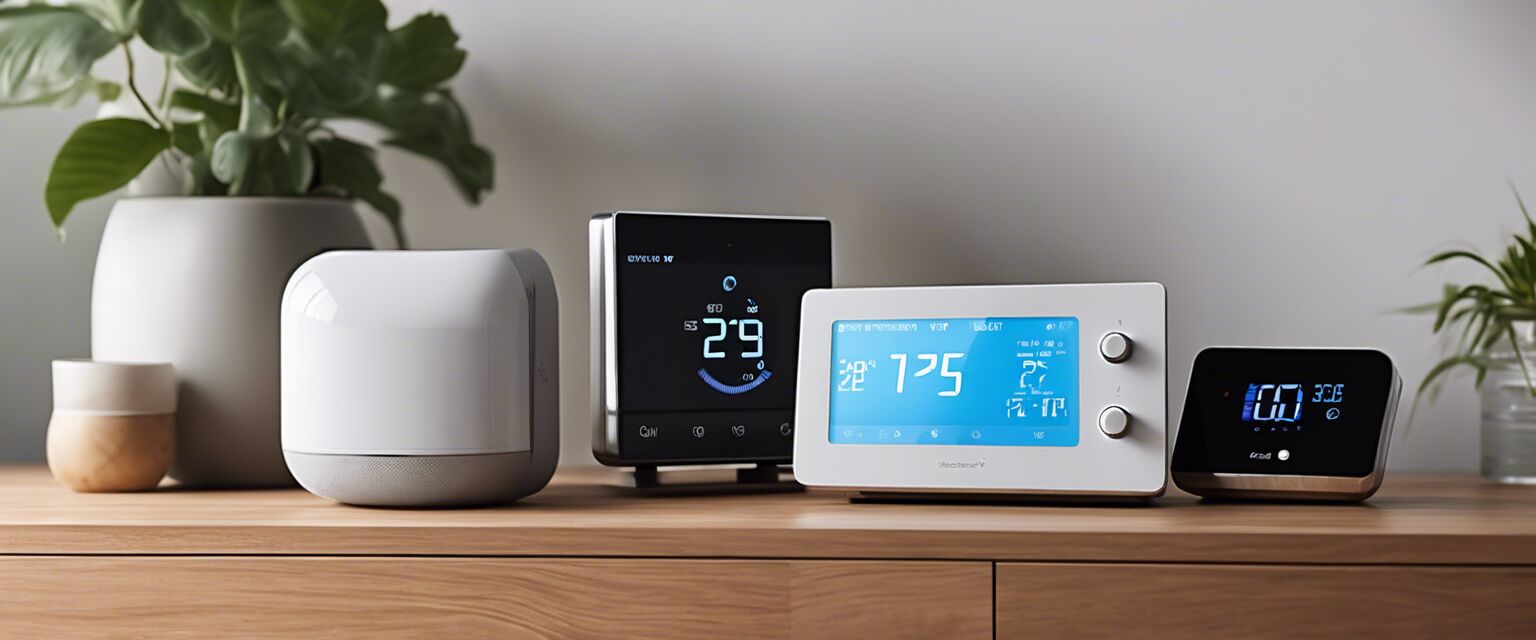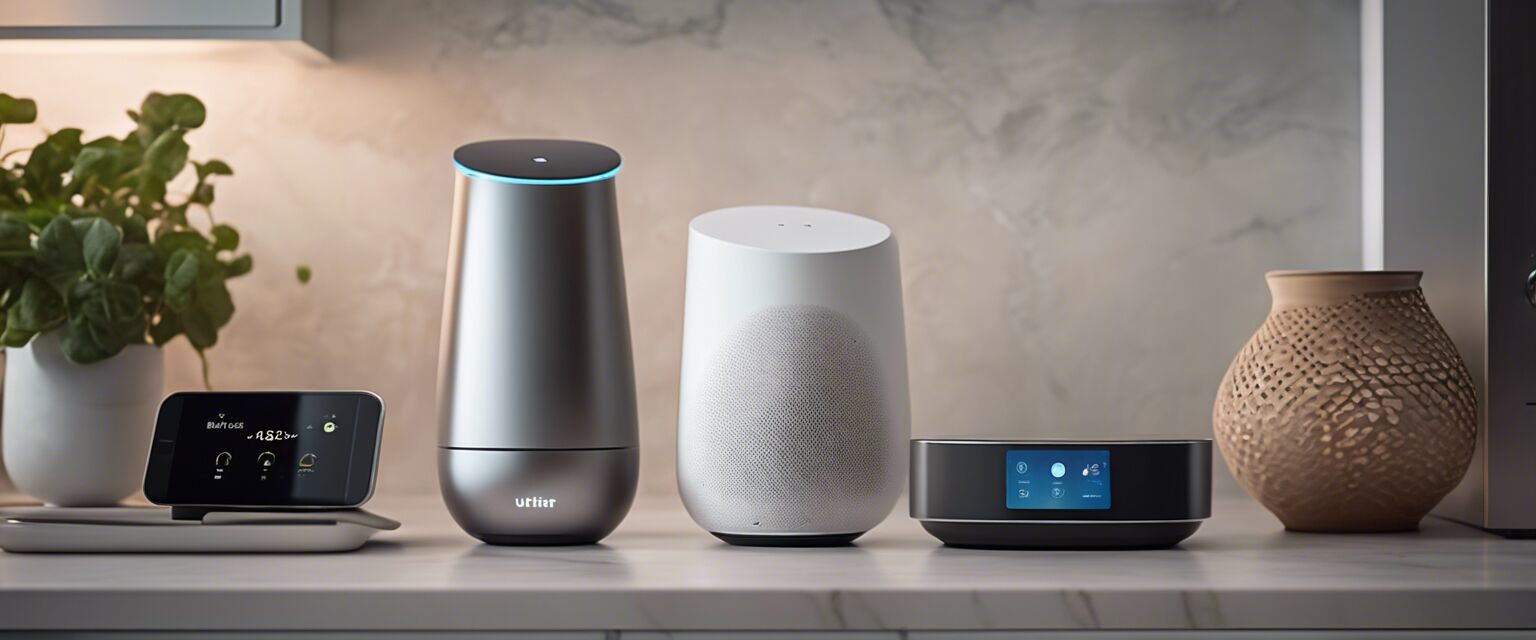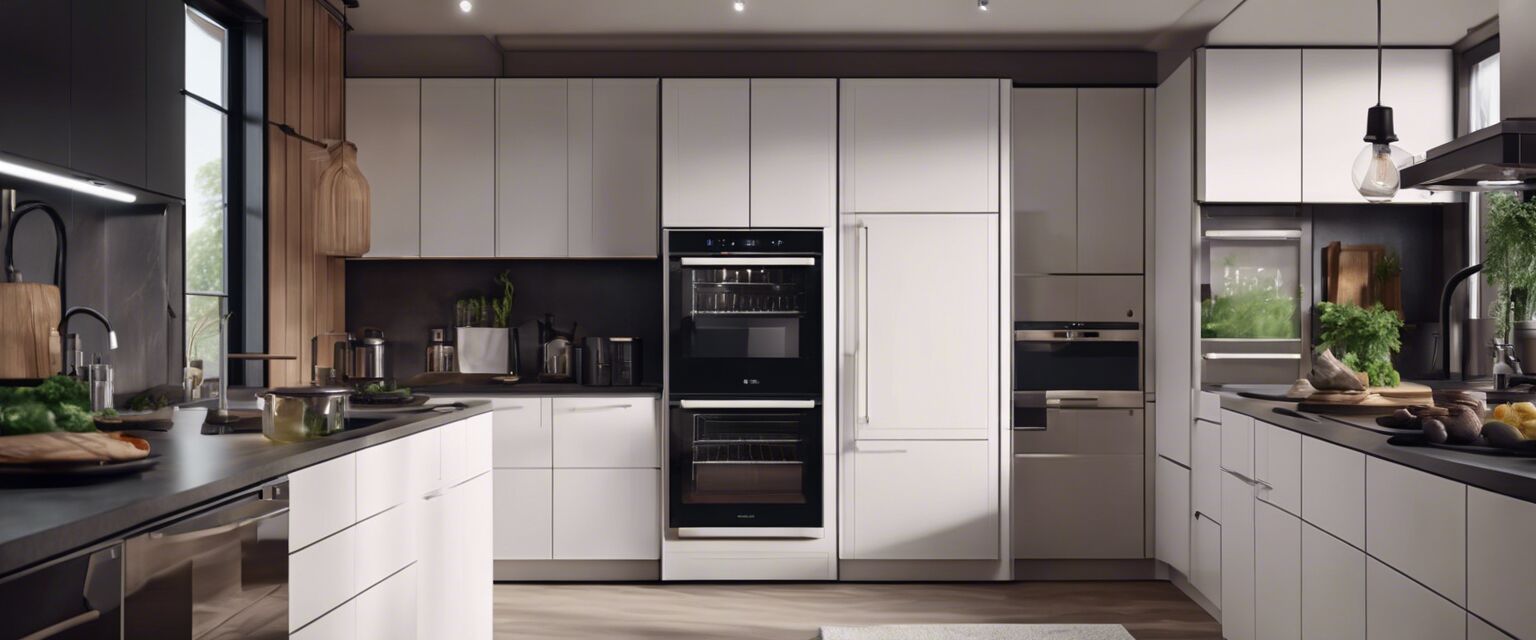
Smart Appliances
Key Takeaways
- Smart appliances enhance convenience and efficiency in daily tasks.
- They can be controlled via smartphone apps or voice commands.
- Integration with smart home ecosystems allows seamless connectivity.
- Energy-saving features help reduce utility bills.
- Security features ensure the safety of your home and appliances.
Smart appliances are revolutionizing how we manage our daily chores and home environments. From refrigerators that help you meal plan to washing machines that can be controlled via smartphone, these devices provide a level of convenience and efficiency that traditional appliances simply cannot match. This article will explore the various types of smart appliances available, their benefits, and how they integrate into the modern smart home ecosystem.
What Are Smart Appliances?
Smart appliances are home devices equipped with advanced technology that allows them to connect to the internet and communicate with other devices. This connectivity enables users to control and monitor appliances remotely, schedule operations, and receive notifications about their status. The main categories of smart appliances include:
- Smart refrigerators
- Smart ovens
- Smart washing machines
- Smart dishwashers
- Smart dryers
Benefits of Smart Appliances
| Benefit | Description |
|---|---|
| Convenience | Control appliances remotely via smartphone apps or voice commands. |
| Energy Efficiency | Smart features help to monitor and reduce energy consumption. |
| Time-Saving | Schedule operations to run when itâs most convenient for you. |
| Improved Safety | Receive alerts for potential issues, such as leaks or malfunctions. |
| Integration | Work seamlessly with other smart home devices for a connected experience. |
Types of Smart Appliances
Smart Refrigerators
Smart refrigerators are equipped with features that allow them to monitor food inventory, suggest recipes based on available ingredients, and even order groceries online. They often include touch screens and cameras that let you see inside your fridge from your smartphone.

Smart Ovens
Smart ovens can be preheated remotely and often feature built-in cooking assistants that guide you through recipes. These ovens can also provide notifications when your meal is ready, ensuring you never overcook your food.
Smart Washing Machines
Smart washing machines allow you to start, stop, and monitor your laundry from your smartphone. Many models also feature sensors that adjust water and detergent use based on the load size, promoting energy efficiency.

Smart Dishwashers
Smart dishwashers can be programmed to run during off-peak energy hours and send alerts when the cycle is complete. Some models even have features like soil sensors to optimize wash settings automatically.
Smart Dryers
Similar to smart washing machines, smart dryers can be monitored and controlled remotely. They often have moisture sensors that prevent over-drying, helping to protect your clothes.
Integrating Smart Appliances into Your Smart Home
Integrating smart appliances into your home is straightforward, especially if you already have a smart home hub. Most smart appliances are compatible with popular smart home systems, allowing them to work together seamlessly.
Steps to Integration:
- Choose a smart home hub that supports the appliances you want to integrate.
- Install the smart appliance as per the manufacturer's instructions.
- Connect the appliance to your home Wi-Fi network.
- Use the manufacturer's app to control and monitor the appliance.
- Connect the appliance to your smart home hub for full integration.
Pros and Cons of Smart Appliances
Pros
- Enhanced convenience with remote control capabilities.
- Improved energy efficiency and potential cost savings.
- Real-time notifications for maintenance and performance.
- Seamless integration with other smart home devices.
- Ability to track usage patterns for better management.
Cons
- Higher upfront costs compared to traditional appliances.
- Potential privacy concerns with internet-connected devices.
- Dependency on Wi-Fi connectivity for full functionality.
- Learning curve for some users unfamiliar with technology.
- Possible compatibility issues with older smart home systems.
Conclusion
Smart appliances are a valuable addition to any modern home, offering convenience, efficiency, and peace of mind. As technology continues to evolve, these devices will become even more integrated into our daily lives. By understanding the various types of smart appliances and their benefits, homeowners can make informed decisions about upgrading their kitchen and laundry rooms.
Additional Resources
For more information on different types of smart home devices, check out our guides on:
- Smart Hubs and Controllers
- Smart Lighting
- Smart Plugs and Switches
- Smart Security Systems
- Smart Thermostats
- Voice-Activated Assistants


